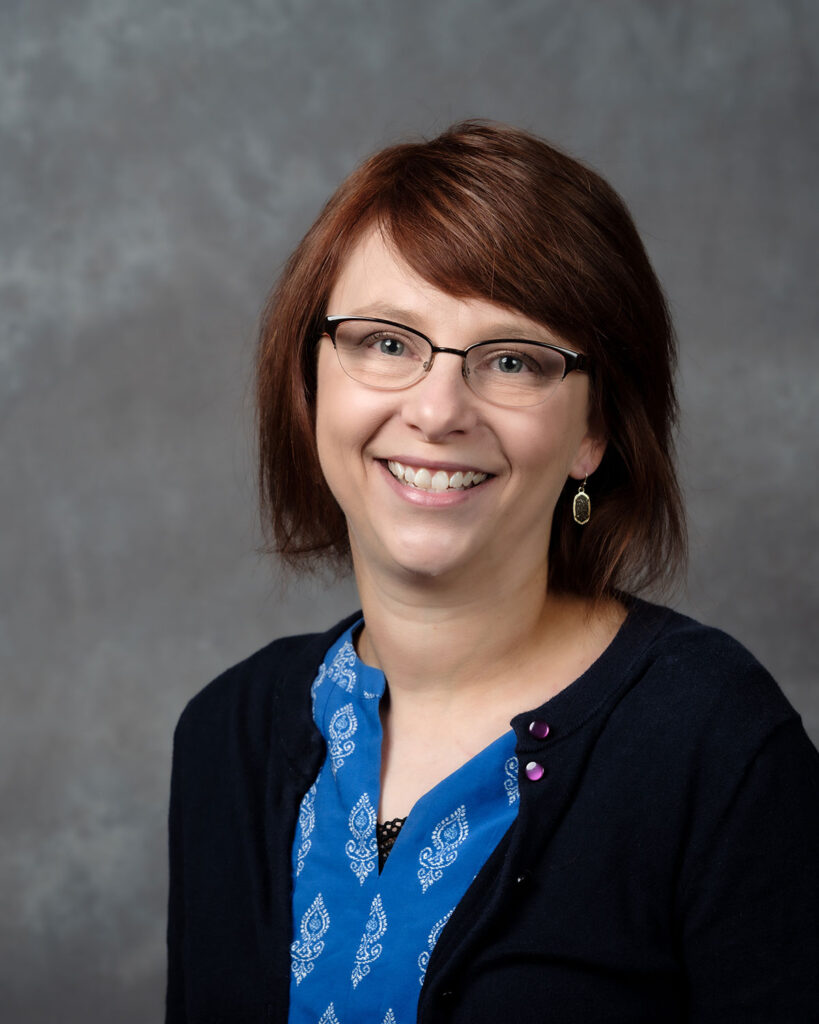Breaking Barriers: French Scholars Secure Groundbreaking Fellowship to Challenge Scientific Myths

Celebrating Excellence in Science Education: Debbie French Honored as 2024 Sound Science Fellow
Dr. Debbie French, a distinguished Associate Professor of Science Education and Associate Director of the Graduate Education Program, has been selected for the prestigious 2024 Sound Science Fellowship by the National Center for Science Education (NCSE). This remarkable recognition highlights her outstanding commitment to advancing scientific literacy and promoting critical understanding of complex scientific topics.
The NCSE's Sound Science Fellowship is a highly competitive award that supports educators dedicated to enhancing the teaching of fundamental scientific concepts, with a particular focus on evolution, climate change, and evidence-based scientific understanding. By recognizing Dr. French's contributions, the fellowship underscores the importance of innovative science education in preparing future generations to tackle complex global challenges.
Dr. French's selection reflects her exceptional expertise and passion for science education, promising to inspire and empower students with rigorous, accurate scientific knowledge that encourages critical thinking and scientific inquiry.

